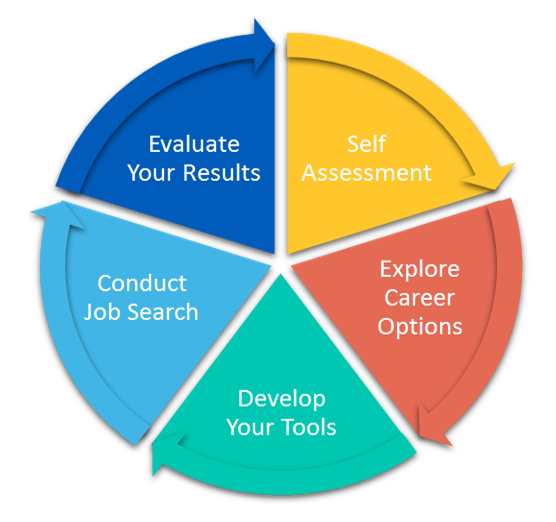Bgroho Insights
Your daily source for news, tips, and inspiration.
Navigating Your Career: Map or Compass?
Discover whether a strategic map or an intuitive compass guides your career journey. Unlock the secrets to navigating your professional path!
Finding Your Path: Map vs. Compass in Career Navigation
When it comes to career navigation, individuals often find themselves at a crossroads, unsure of which direction to take. This is where the metaphor of the map versus the compass becomes particularly relevant. A career map provides a structured overview of potential paths, highlighting the various opportunities available based on industry trends, skills required, and expected outcomes. This approach allows you to visualize your future, laying out steps to help you stay on track. However, while a map can give you a general direction, it often lacks flexibility.
In contrast, a compass represents a more intuitive approach to career planning. It allows you to focus on your core values, interests, and passions rather than strictly following a predefined path. By using your internal compass, you can navigate through unpredictable circumstances and make decisions that align with your personal goals and aspirations. Embracing this mindset can lead to more fulfilling career experiences. For those seeking guidance in this area, Harvard Business Review provides valuable insights on leveraging both maps and compasses in your career journey.

Is Your Career a Journey or a Destination? Exploring the Map vs. Compass Concept
When considering whether your career is a journey or a destination, it's essential to recognize the significance of both perspectives. The map concept implies a clear path outlined with specific milestones and endpoints. This traditional view emphasizes structured planning and measurable achievements, often leading professionals to focus exclusively on promotions, job titles, or financial gain. However, this approach can sometimes lead to burnout or feelings of dissatisfaction if individuals feel constrained by the rigidity of a pre-defined route. For more insights on structuring your career path, check out Forbes.
In contrast, the compass concept encourages flexibility and adaptability. Rather than adhering to a strict map, this approach allows individuals to navigate their careers based on values, passions, and changing circumstances. With a compass, professionals can adjust their course according to their evolving priorities and opportunities, fostering a sense of fulfillment and exploration. By viewing your career as a journey, you embrace growth and learning, which can lead to more authentic success. To delve deeper into this transformative perspective, explore this article from MindTools.
How to Use a Map and Compass for Effective Career Planning
Effective career planning can often feel like navigating through unfamiliar terrain. Just as a map provides a visual guide to help travelers understand their surroundings, a good career plan serves the same purpose in your professional journey. Begin by assessing your current skills and interests, much like identifying your starting point on a map. Utilize online resources such as Myers-Briggs for personality assessments or O*NET Online to explore potential career paths that match your profile. This initial step will clarify your destination and highlight the skills you need to acquire or improve upon to reach your career goals.
Once you've set your destination, a compass becomes essential in pointing you in the right direction. Create a strategic action plan that outlines the steps necessary to achieve your career aspirations, using tools such as Career Key for guidance. Regularly check your progress to ensure you remain on course, adjusting your actions when necessary. Networking is also crucial—connect with professionals in your desired field through platforms like LinkedIn. By actively seeking mentorship and advice, you can gain insights to help navigate potential obstacles, ensuring you stay aligned with your career map.